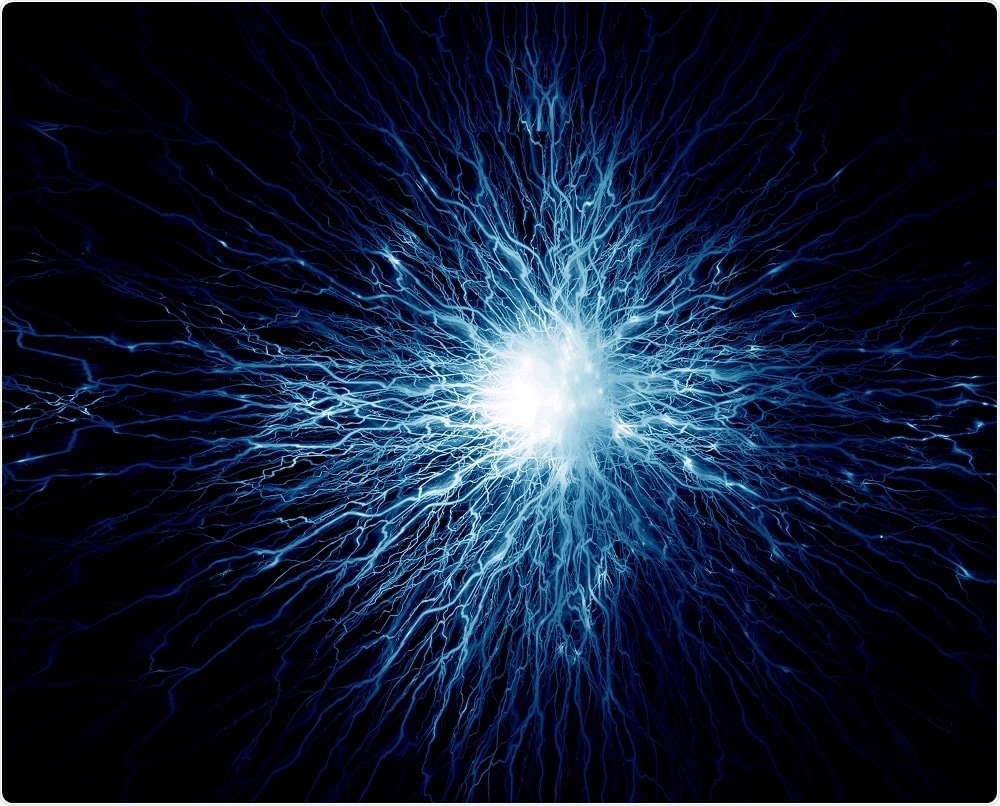A new study published today reports the identification of a type of brain cell that plays a crucial role in memory and learning processes. Researchers were able to affect memory and learning by modulating the activity of these cells.

Image Credit: Argus / Shutterstock
Although memory formation and retrieval have been explored in behavioural studies, our understanding of the biological basis of memory processes remains limited.
With the increasing prevalence of neurodegenerative diseases such as Alzheimer’s disease, researchers have focussed heavily on understanding the cellular processes behind memory function and dysfunction.
It is hoped that a greater understanding of the biological basis for memory formation, storage, and retrieval will enable the development of successful treatments for memory dysfunction. There are currently no curative treatments for dementia, nor treatments that can slow the decline in memory function.
Patients with dementia have an impaired ability to form new memories, yet can still recall in detail events that occurred decades ago.
Short-term memory loss as a result of aging and dementia has long been attributed to damage in the hippocampus. Researchers previously identified that this constitutes a failure to maintain a proper balance of excitatory and inhibitory control of the hippocampal network.
Oriens-lacunosum moleculare (OLM) or 'gatekeeper' cells within the hippocampus were subsequently identified as being involved in the process of encoding new memories.
In the latest research, increased activation of OLM cells in laboratory mice was found to be detrimental to memory and learning functions. In contrast, inactivation of OLM cells improved new memory formation in the mice.
We had expected to be able to impair learning, since it seemed likely that the effect of our experiment at the cellular level would disturb the normal function of the nervous system. However, we were surprised to find that learning and memory also could be improved".
Professor Klas Kullander, Uppsala University
The finding illustrates for the first time that a single component in the memory circuits can affect memory formation. It provides renewed hope that it may be possible to develop strategies that counteract memory loss in Alzheimer's disease and dementia.
Source:
Siwani S, et al. OLMα2 cells bidirectionally modulate learning. Neuron.